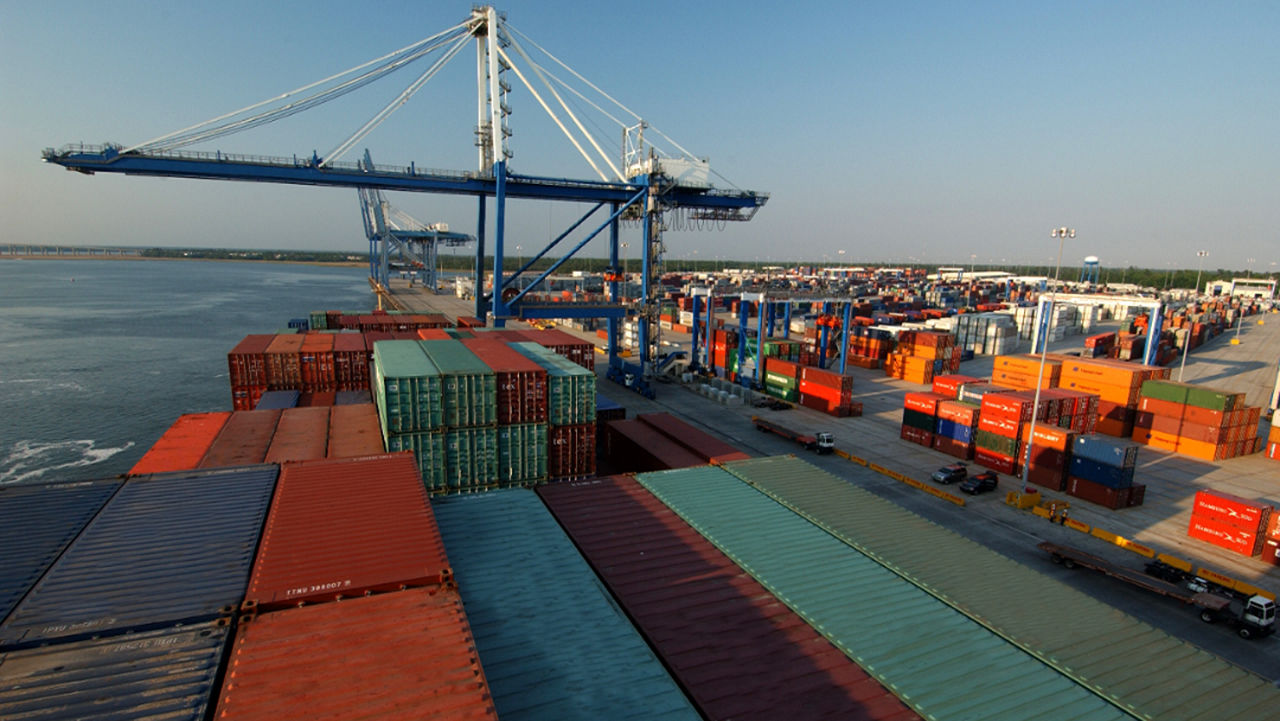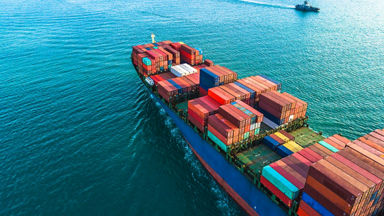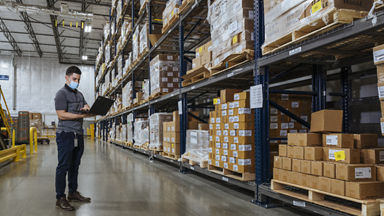Insights to Help Your Business
What are Incoterms and Why Do They Matter?
Understand what terms you are agreeing to before finalizing a contract.

What’s the story: Incoterms define a clear agreement between the buyer and seller. They state who bears what responsibilities, costs and risks relating to the purchase, transport and delivery of goods.
Why it matters: Confusion over these terms and not enough insurance can result in a lost sale.
Where Did Incoterms Come From?
“Incoterms” stands for International Commercial Terms. This set of contract terms was first created and published by the International Chamber of Commerce (ICC) in Paris in 1936. They have been revised now and then to account for changing modes of transport and document delivery.
What You Should Know
Critical terms of sale in a purchase order are often reduced to a three-letter acronym, such as EXW, FOB, CIP, DEQ and others. Incoterms…
- ...are not implied and must be specifically written into the contract.
- …determine when the risk of loss is transferred from the seller to the buyer.
- …are usually influenced by which party has more leverage in the transaction.
- …do NOT protect a party from his/her own risk of loss, cover the goods before or after delivery or define the cure for breach of contract.
- …can be useful but have limitations. Understand their scope and purpose before you rely on them to define terms such as mode of delivery, Customs clearance, passage of title and transfer of risk.
- …are not laws. In a dispute, courts and arbitrators will look at the sales contract, who has possession of the goods and what payment, if any, has been made.
Are Incoterms Insurance?
Nope. Only two Incoterms refer to cargo insurance, which is to be arranged and paid for by the seller (CIF, CIP). For the other nine terms, the buyer and seller decide to insure for the part of the voyage for which they are “on risk.” Both parties should determine if, and when, they have insurable interest in the goods, and risk mitigation best-practices should include the purchase of insurance coverage. Don’t assume your trading partner bears the risk and/or has the goods insured for your benefit.
What Kind of Insurance Do I Need?
An all-risk cargo insurance policy from UPS Capital Insurance Agency, Inc. and its affiliates provides a superior risk-mitigation alternative to carrier liability and your business commercial policy. Talk to a UPS Capital® representative in your area to better understand your risks.






